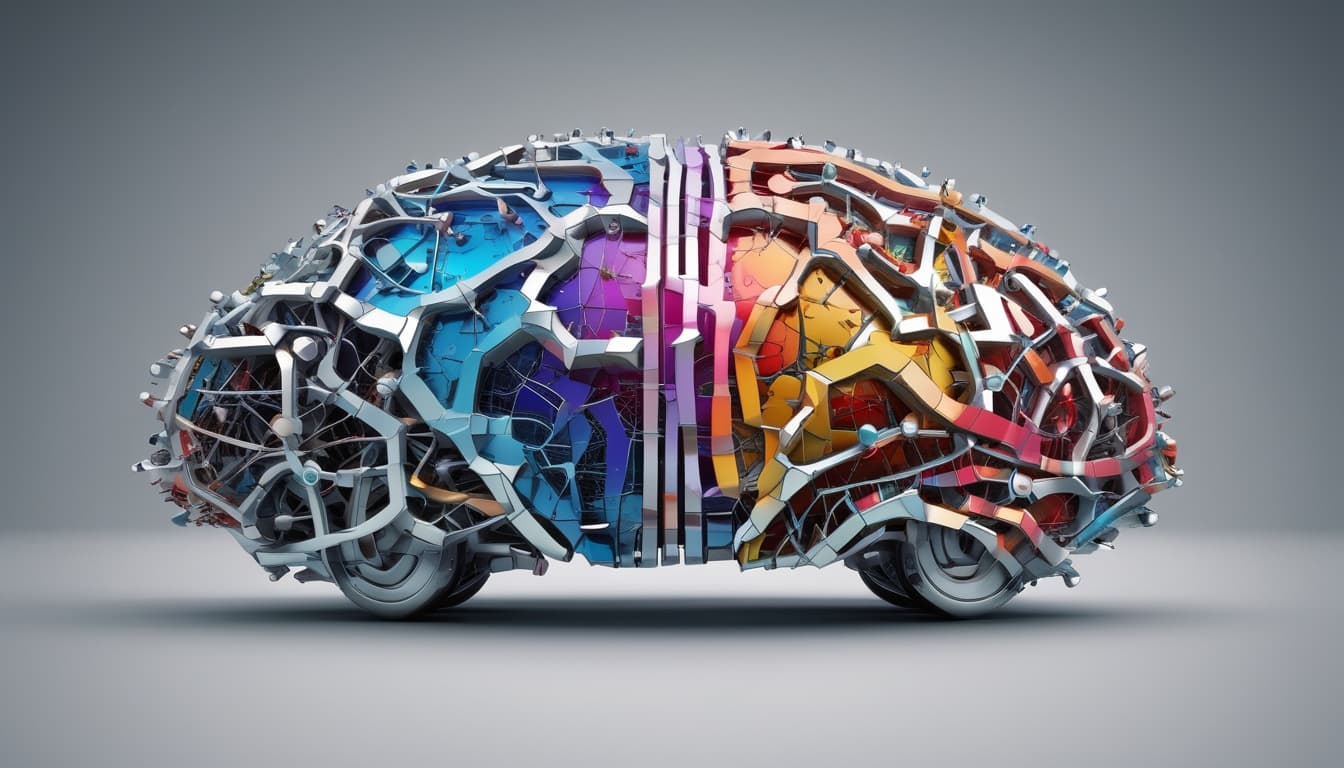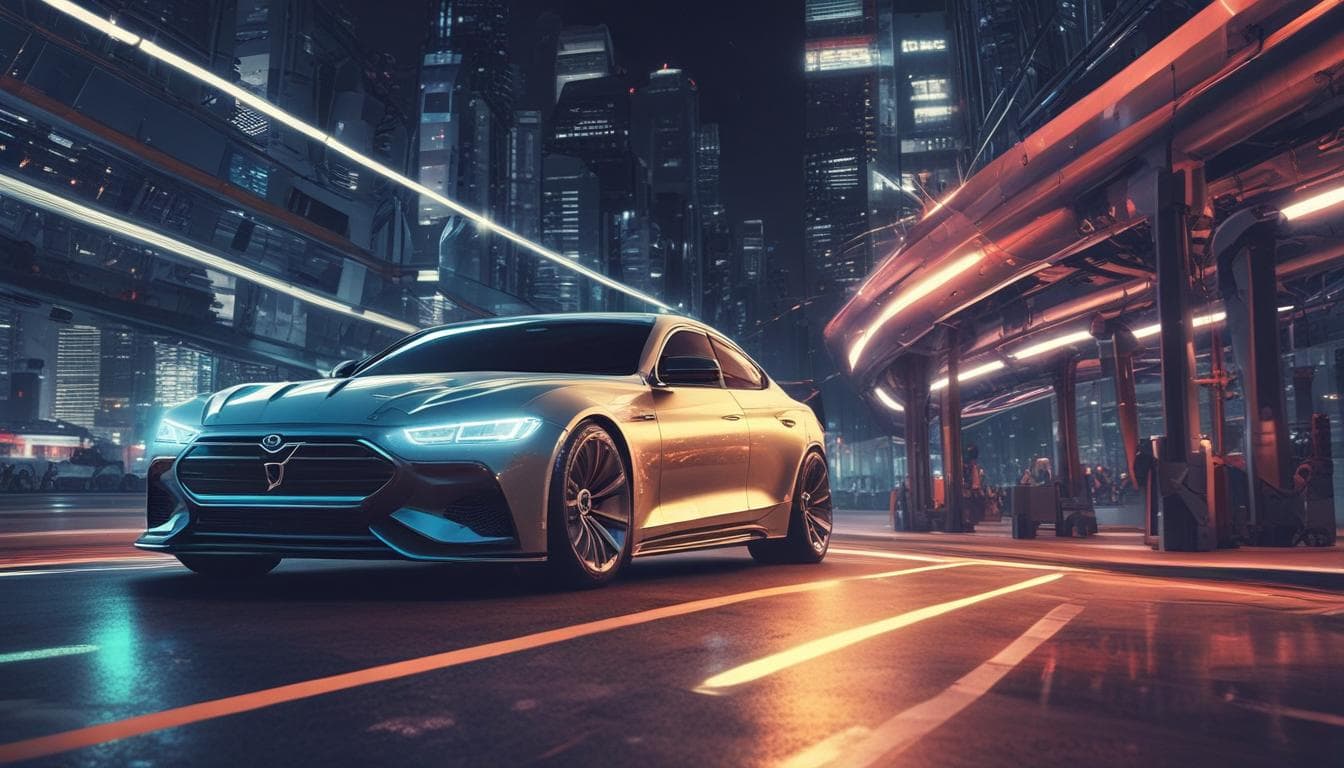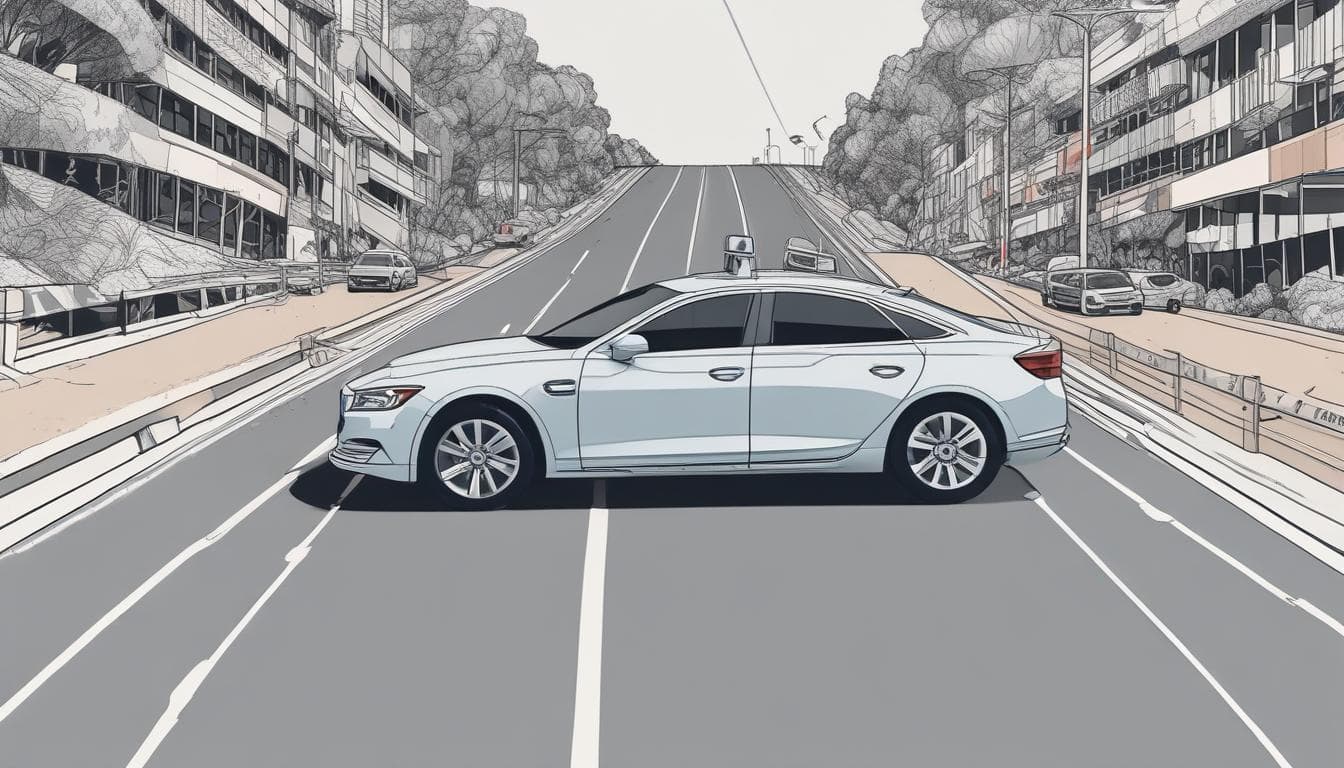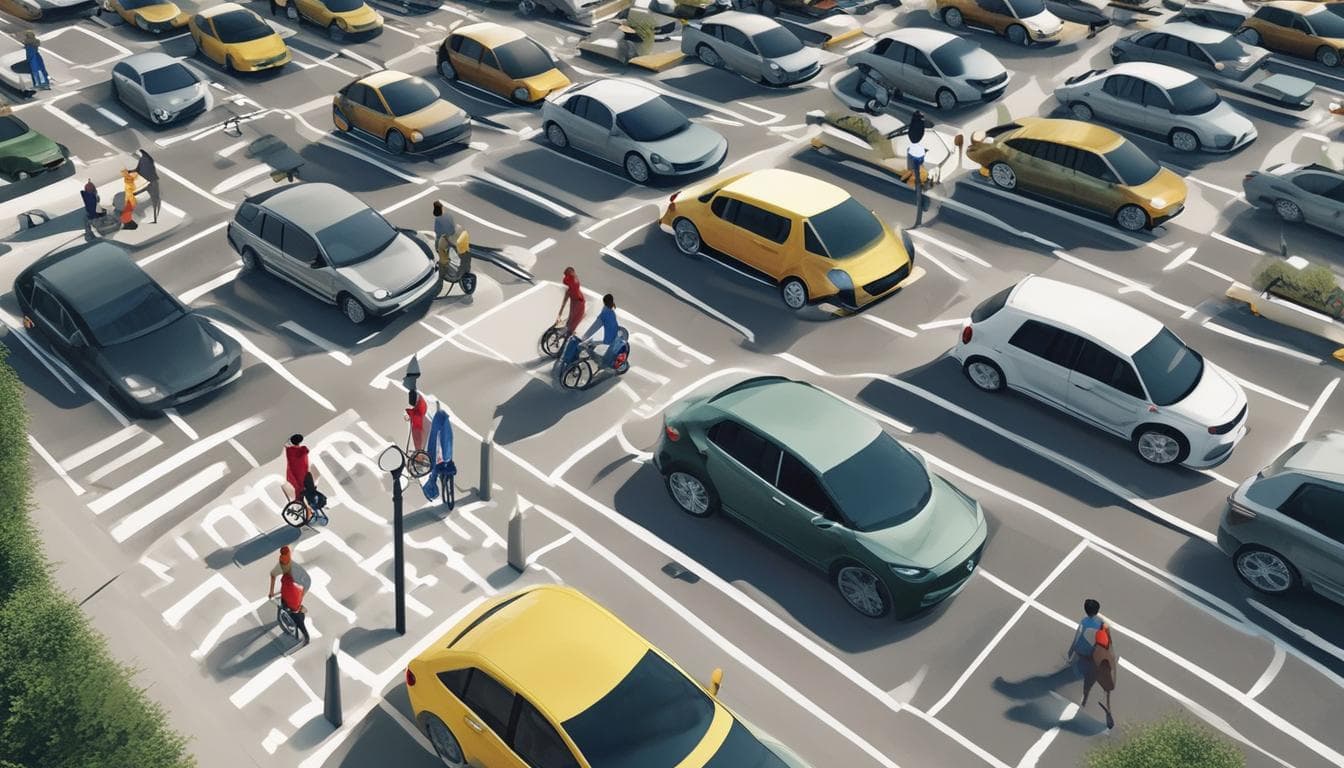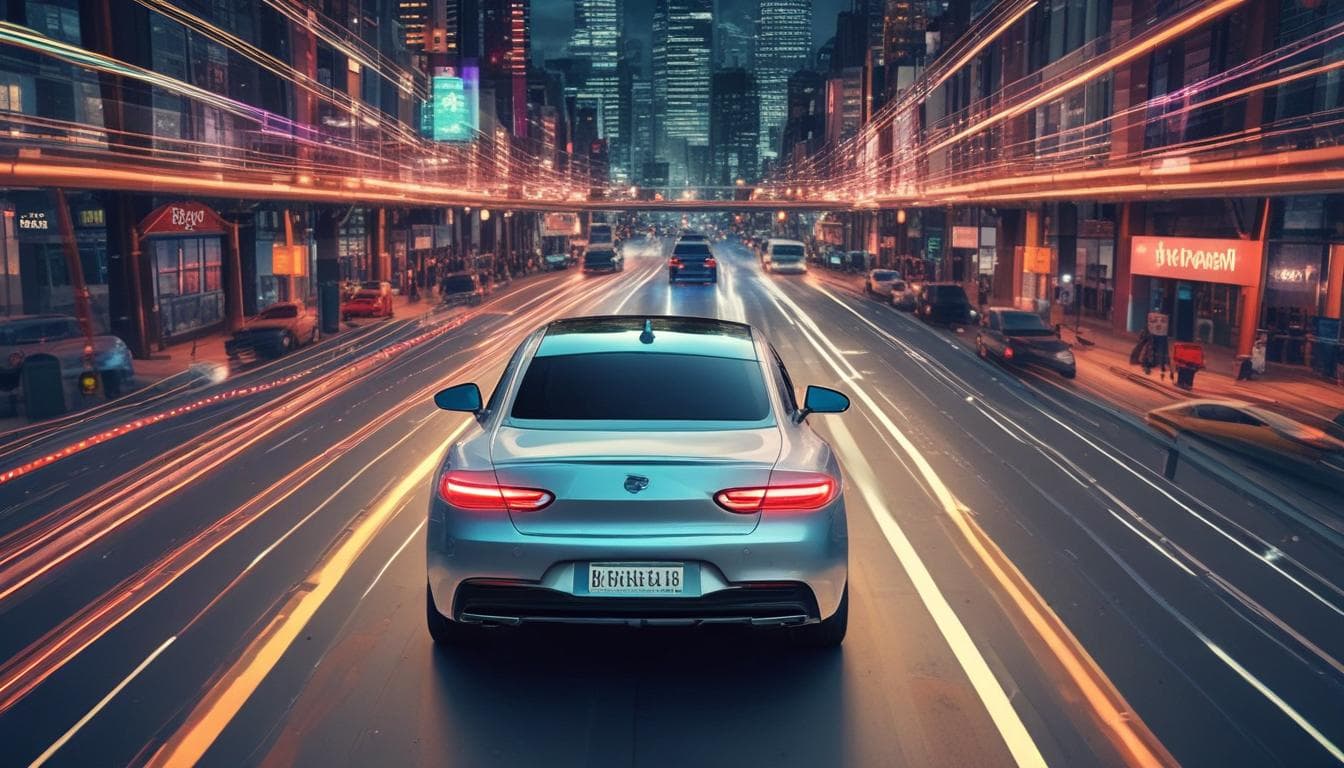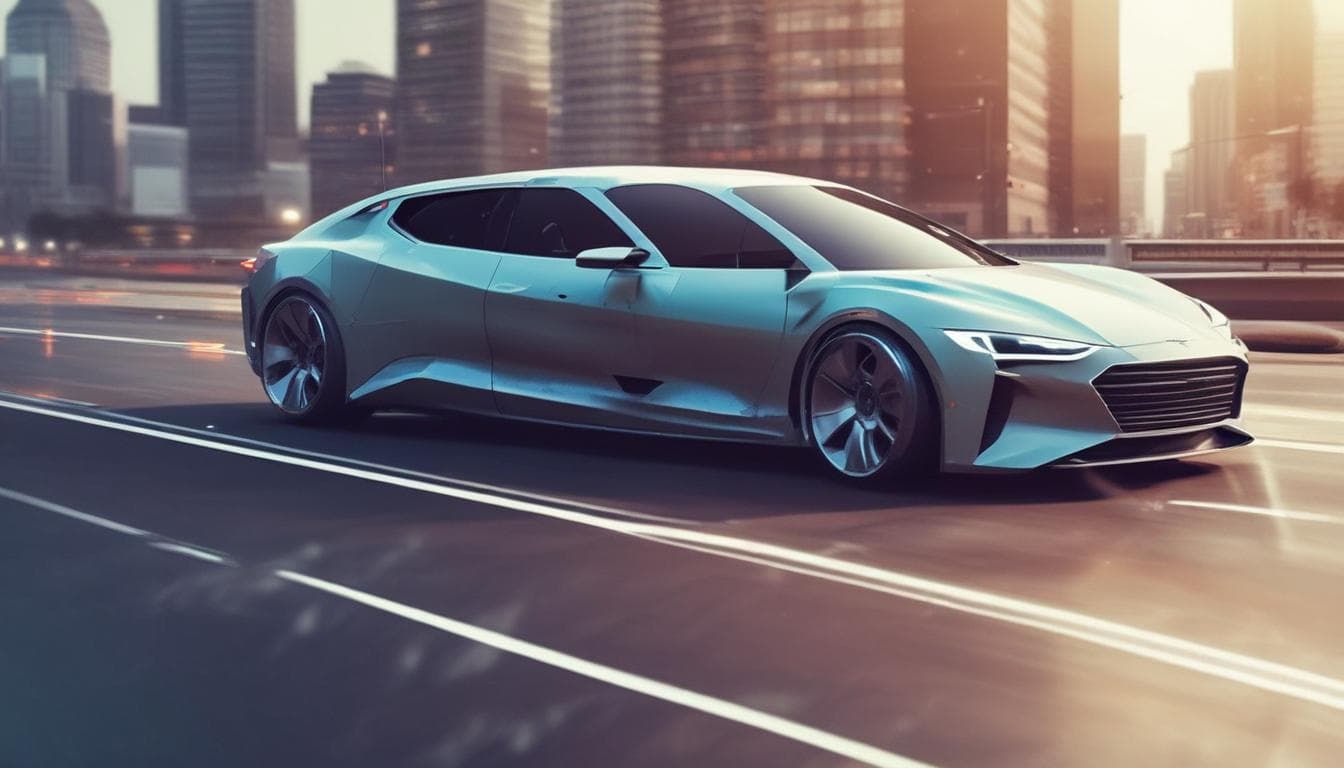With the rise of AI in vehicles, how might the concept of "car ownership" evolve? Could we see a future where access to personalized, on-demand vehicles replaces individual ownership, and what societal shifts might this create?
The evolution of AI in vehicles could profoundly reshape the way we think about car ownership. As AI enables smarter, more efficient, and more personalized travel experiences, the concept of owning a vehicle could shift towards accessing mobility as a service. This trend aligns closely with the rise of Mobility-as-a-Service (MaaS), where users prioritize convenience and flexibility over individual ownership. You can explore how MaaS is transforming transportation models in this article on the transformative impact of mobility-as-a-service.
In the future, we might see fleets of AI-powered autonomous vehicles available on-demand, offering tailored travel solutions without the need for personal ownership. This shift could bring significant societal changes, including:
- Reduction in Urban Congestion: On-demand AI vehicles could reduce the number of cars idling in traffic or parked for long periods, optimizing road usage and minimizing congestion in cities.
- Environmental Benefits: Shared vehicle fleets are likely to be electric, reducing emissions and fostering sustainable urban living. Learn more about the environmental impact in this article on sustainable practices in automotive.
- Increased Accessibility: For individuals who find car ownership financially or physically challenging, access-based models provide a practical alternative.
That said, the widespread adoption of such systems will require robust infrastructure, seamless integration of AI technologies, and societal acceptance of a new paradigm of car "usership." One potential model already gaining traction is the concept of car subscriptions, where users pay for access rather than ownership. This idea is explored in greater detail in this discussion on the rise of car subscriptions.
Ultimately, a future driven by AI and access-based ownership models is not only possible but increasingly probable. It represents a shift in priorities from possession to access, convenience, and sustainability. What are your thoughts on the potential hurdles society might face in adopting these changes?
探索更多相关内容
加入讨论
- 未来汽车:移动的个人健康管理中心?机遇、挑战与展望
探讨未来汽车如何转变为“移动个人健康管理中心”,实时监测身体指标、提供个性化建议。分析其对日常生活、健康习惯的影响,以及带来的机遇、挑战,包括隐私、数据安全和跨界合作等问题。
- 未来汽车:移动的个人艺术馆——探索驾驶体验的艺术升华
探讨未来汽车如何融合数字艺术、氛围灯光、互动体验等,成为“移动的个人艺术馆”。分享您对个性化“移动艺术空间”的创意,以及这种结合对汽车设计、文化和出行方式的深远影响。这是否预示着一个将驾驶体验提升至艺术欣赏层面的全新汽车时代的到来?
- 未来十年,汽车能否成为真正的“移动之家”?
探讨未来十年汽车发展趋势,除了自动驾驶和电动化,还有哪些科技进步能让汽车成为更舒适、智能和娱乐的移动空间?如何改变我们的出行和生活?
